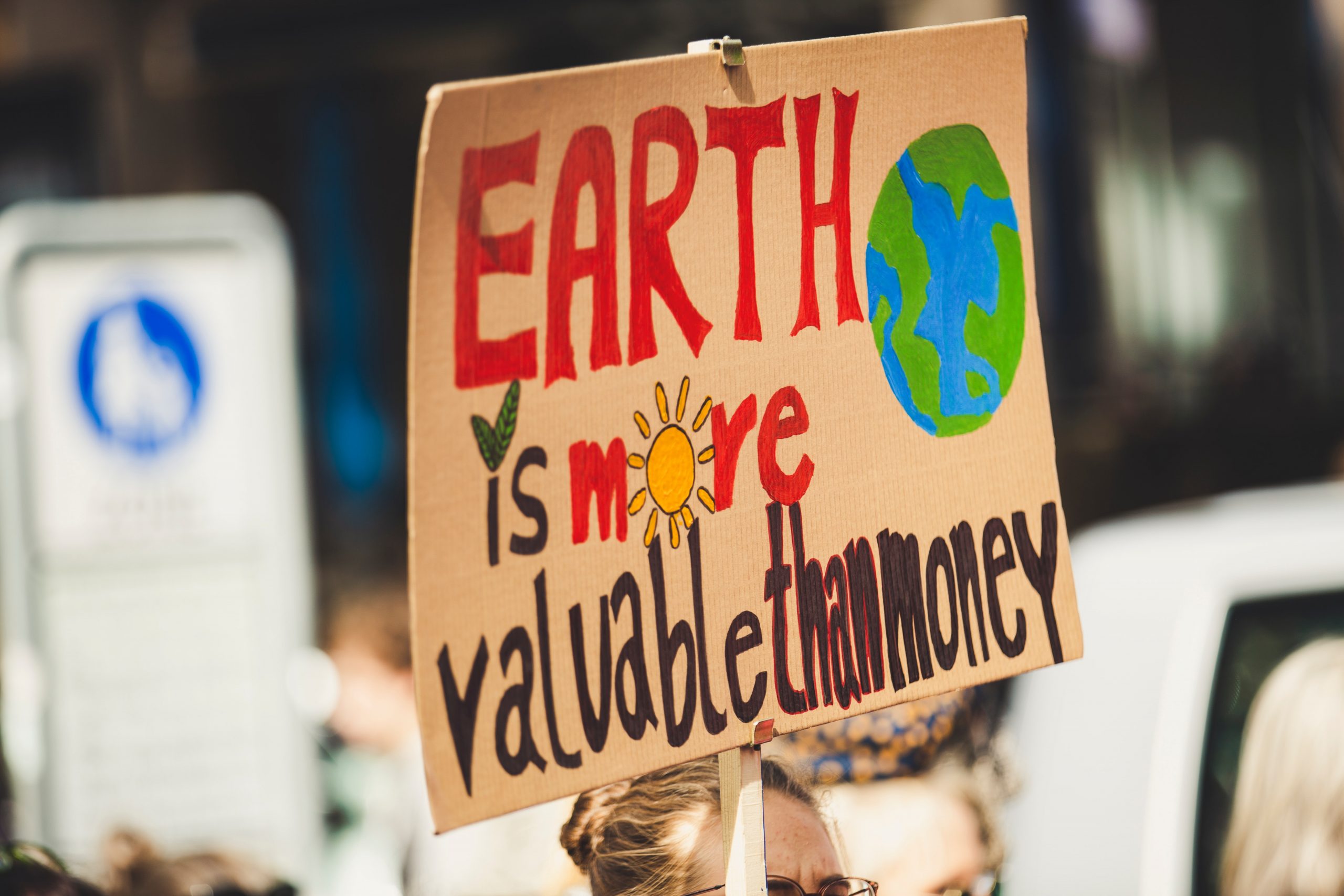The Climate Challenge and National Security
Shira Efron
The Climate Challenge and National Security
Shira Efron
The appointment of John Kerry as Special Presidential Envoy for Climate was one of the first appointments made by US President-elect Joe Biden. The post also existed under President Obama, but it will now be upgraded to a cabinet position, and Kerry will be a member of the White House National Security Council. This appointment signals the incoming administration’s intention to overturn the approach of the outgoing Trump administration, elevating the fight against climate change and re-positioning the United States as a global leader in this struggle.
In addition to the environmental, economic, and social ramifications of climate change, there are also implications for geopolitical stability. While climate effects themselves are not the sole factor behind inter-state and intra-state conflicts, they are considered threat multipliers that risk exacerbating existing problems and increasing instability.
In the Middle East in general and Israel in particular, the most relevant and direct climate change phenomena are a consistent rise in temperatures, water shortages, rising sea levels, and an increase in the frequency and intensity of extreme weather events, which are correlated with the spread of infectious diseases such as malaria, cholera, Ebola, and Zika. In turn, waves of refugees could flood Europe and appear at Israel’s doors as well. Inter alia, it is estimated that extreme heat and drought in Egypt, combined with the rising sea level, could lead Egypt to a situation similar to Syria’s current turbulence by as early as 2030.

In addition to the dangers of regional instability, which would pose security challenges for Israel, climate change could affect Israel’s ability to cope with these challenges, as they would affect security planning, budgeting, military infrastructure, operational activity, training, and human resources dimensions. Furthermore, climate change could increase the inclination of the United States to withdraw from the Middle East, in part due to the locations of US military bases in heat-stricken regions and threatened by sea level rise, hampering their performance.
Unlike in the United States, climate change is not a politically controversial issue in Israel, and the government has made several commitments to switch from polluting fuels to renewable energy and prepare the economy for climate change (albeit without proper plans and budgets). Nonetheless, the issue is completely absent from the national security discourse, does not factor into planning, and is not budgeted at all.
In order to prepare for the national security implications of climate change, the issue must become an integral part of the national security discourse in Israel, including through facilitated dialogues between climate experts and security experts. In addition, the climate and national security agenda should include integration of climate impacts into risk scenarios, and efforts to adapt the operational plans and budget of the IDF and the security forces to climate change in the short and medium terms.


